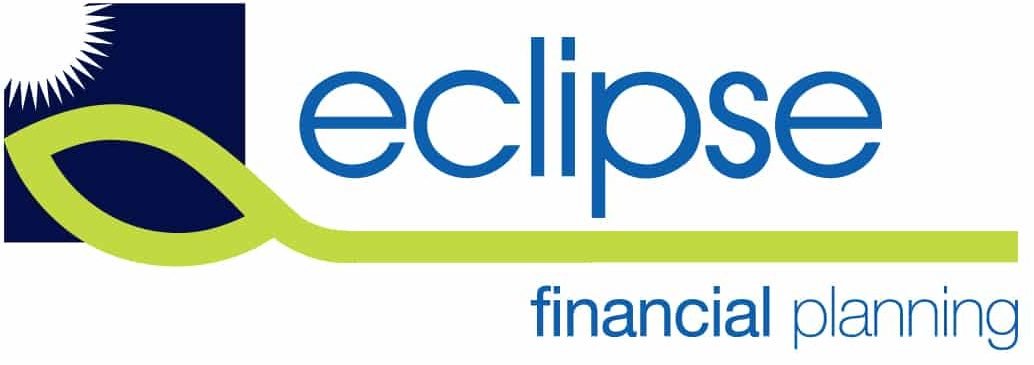Australians have a wide array of superannuation strategies at their disposal. One of these is to open up what’s known as a self-managed superannuation fund (SMSF) – an option that increasing numbers of Australians are taking.
If you’re not familiar with what an SMSF is and the basic facts surrounding it, this brief outline should get you up to speed.
What is an SMSF?
An SMSF is a type of superannuation fund that gives its members direct control over the day-to-day running and management of their retirement savings. This increased decision-making power features in areas like investment choices and the paying out of retirement benefits. Like all types of funds, it must operate within the broader super laws,
Can anyone start an SMSF?
While in theory anyone can start an SMSF, it’s generally advisable that you meet certain requirements. According to the Costs of Operating SMSFs report commissioned by the Australian Securities and Investments Commission in 2013, funds with balances of $200,000 tend to be competitive with other types of super funds, while those with less than $100,000 were deemed not competitive. We feel the magical mark is closer to $300,000 of investments (net of loans), and these general balance benchmarks are because of the various costs associated with running an SMSF.
In addition, in order to successfully run an SMSF, you need time, experience and expertise. Lacking these resources can end up leaving you worse off than if you had stayed with your original fund.
How many members can an SMSF have?
An SMSF can have anything between one and four members, all of whom are trustees. This way, every member is fully involved in any decisions that are made about the fund’s future. Members cannot be employees of other members, unless they happen to be related.
What does being a trustee involve?
As a trustee, you are responsible for ensuring the SMSF complies with all super rules. This involves coming up with and following an investment strategy, keeping records and arranging an annual SMSF audit. There are also various legal and ethical obligations that you must meet. You can contract out duties to accountants or specialists but ultimately you are responsible.
What’s the advantage of an SMSF?
The chief benefit of an SMSF is that you have greater control over the future of your retirement savings and investment choices – particularly attractive if you have skill and expertise in investment and other financial matters. You could also benefit from lower fees if you have a significant balance.

